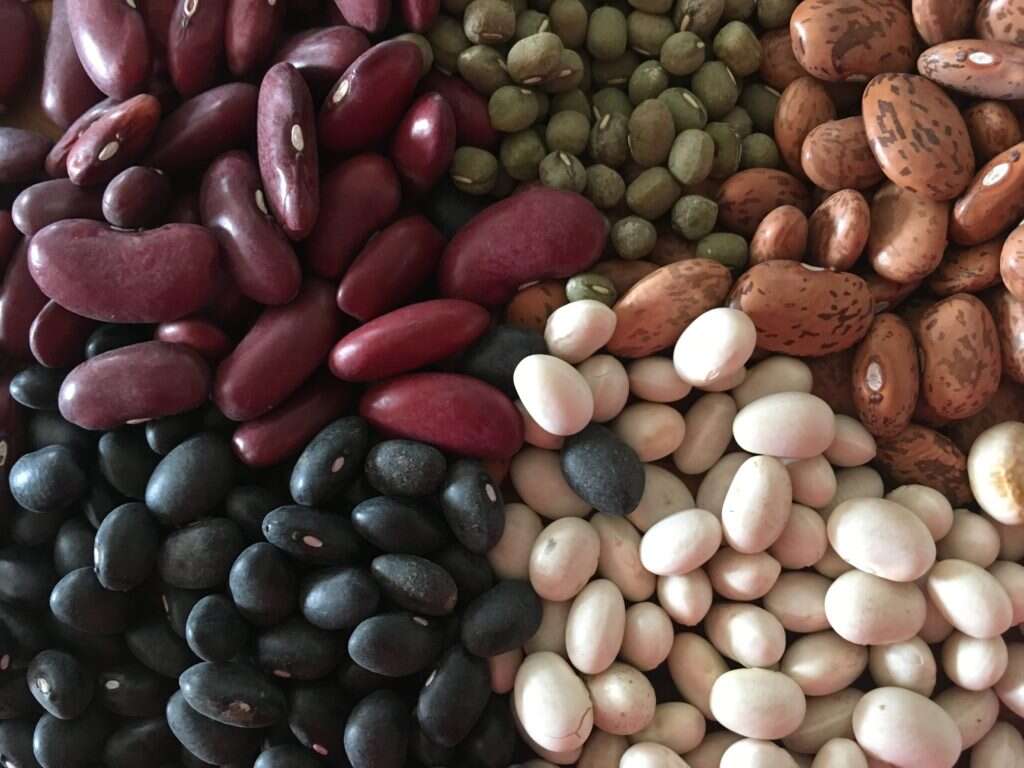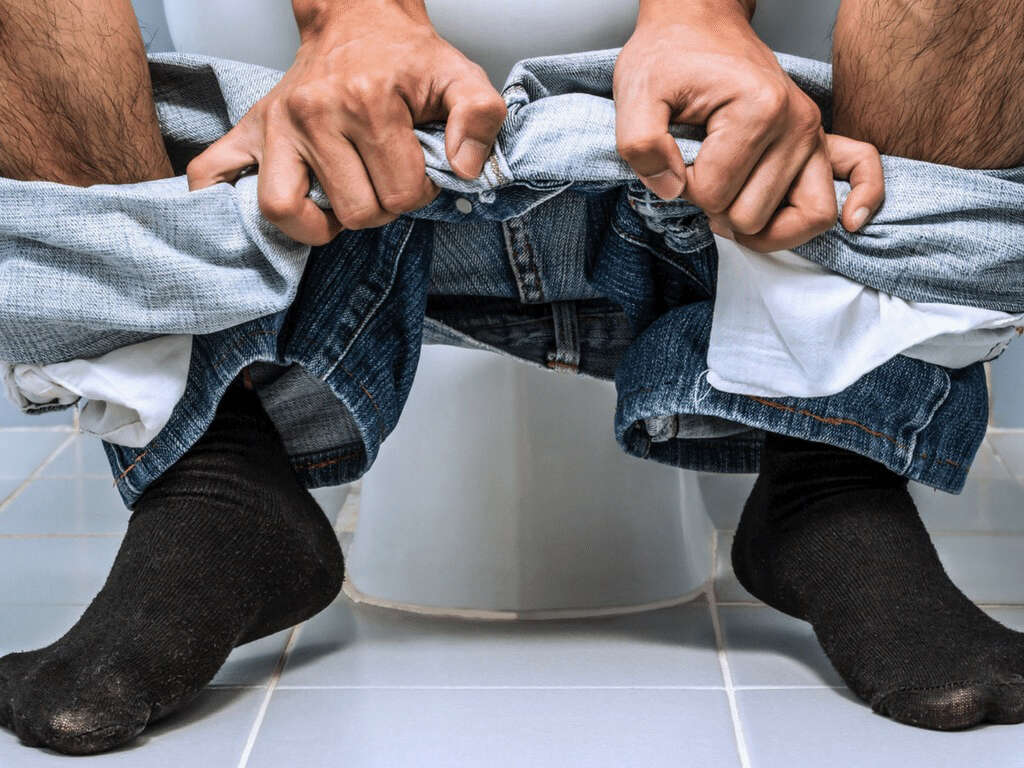10 Foods That Cause Constipation
According to recent surveys 16 percent of all Americans and 33 percent of people aged 60 and above, are routinely constipated. The main symptoms of constipation include difficult bowel movements that produce hard, dry and lumpy stools, less than three times a week. It may also be accompanied by gas, bloating and stomach pain.
While some medications, and lack of exercise can contribute towards difficult bowel movements, the most important cause of constipation is your diet. This includes what you eat or drink, and what you do not eat or drink. For instance, eating foods that are low in fiber and not drinking enough water can lead to constipation. In order to lower your risk of constipation, you need to be aware of the foods that cause constipation. This way, you can cut down on consumption of culprit foods and increase the intake of foods that aid in movement of food through the digestive system. In this article, we will look at 10 Foods That Cause Constipation.
Foods That Cause Constipation #10: Caffeinated Drinks
If you are like most of us you enjoy an aromatic cup of coffee, and one or two cups will do you good. In fact, because caffeine is a stimulant, one or two cups of coffee or tea can aid in producing a bowel movement. But when you take endless cups of the beverage, you risk getting constipation. The same is true of decaffeinated coffee, tea, chocolate, most energy drinks and soda.
Caffeine is considered a diuretic and so the more somebody has the more fluids will be flushed out of the body therefore causing dehydration. As stated earlier, taking one or two drinks of your favorite coffee or tea can help things along, but if you want to take another drink, it probably makes more sense to grab a glass of water or fresh fruit juice.
Foods That Cause Constipation #9: White Rice
White rice and white rice noodles are the result of refining which causes a reduction in the amount of fiber. White rice contains high amounts of starch, which upon getting into the digestive tract, can slow things down and lead to constipation.
By contrast, unrefined, organic rice is rich in fiber which retains water and helps in the digestion process. The fiber also aids in bowel movement, reducing the risk of constipation.
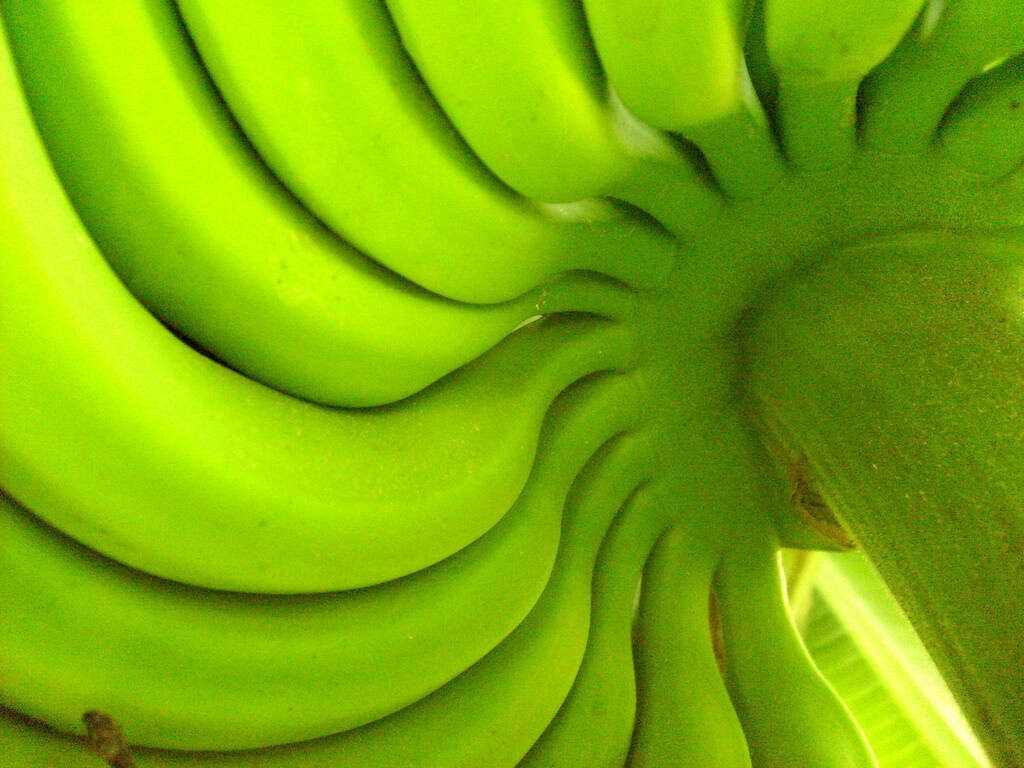
Foods That Cause Constipation #8: Alcohol
Like many people, you probably enjoy a few drinks of alcohol once in a while and don’t think it is a likely cause of constipation. If this habit is occasional, you don’t go overboard with it, you eat a fair amount of fiber and you drink adequate amounts of water, you are probably safe. On the other hand, taking lots of beer, whisky or rum can lead to constipation besides other problems like hangovers, and nausea.
Alcohol causes dehydration in the body. It is termed a diuretic which is a substance that causes us to eliminate more water from the body. The result is hard stools or even difficulty in defecating and constipation. If you suffer from these symptoms, it is high time that you cut down on alcohol consumption or even quit. If you choose to continue taking alcohol, alternative your favorite drinks with similar amounts of water.
Foods That Cause Constipation #7: White Breads
Although white bread, including sandwich bread, bagels and buns are popular during breakfast and other meals, they are not very good for your digestive tract. They are mainly made up of paste-like starch, thanks to their high gluten and low fiber content. The sticky paste ends up sticking to the walls of the digestive tract which interferes with movement of material through the intestines. This can lead to constipation and worsen if you routinely eat these white breads especially when they are not accompanied with roughage containing foods like vegetables.
If you suffer from chronic constipation, or you want to reduce your risk of the problem, cut down on white bread or substitute whole meal bread. While one slice of typical white bread contains less than one gram of fiber, a slice of whole grain bread contains three grams. Also make it a habit to eat more vegetables and fruits to help improve digestion.
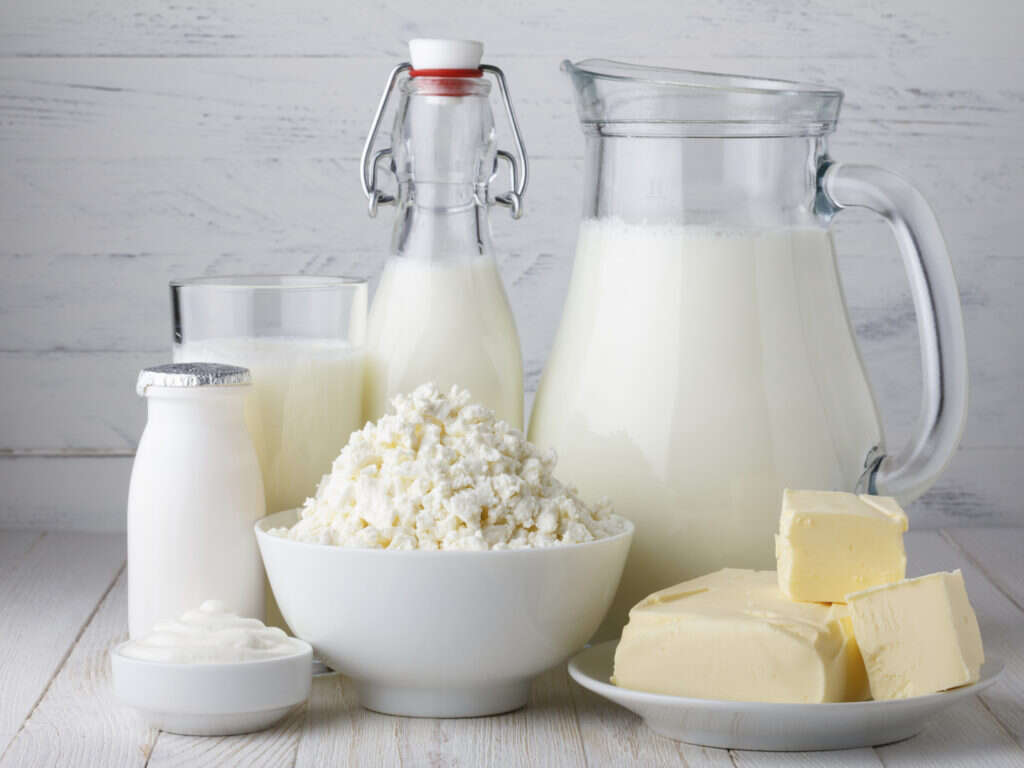
Foods That Cause Constipation #6: Fried Foods
Greasy, fried foods including doughnuts, French fries and deep fried fish contain large amounts of fat which slow down their digestion, slow down bowel movement and ultimately cause constipation. Fatty foods can also lead to other health problems including obesity and hypertension.
To overcome these problems, avoid fried foods or only take them occasionally. Choose instead, broiled, boiled or steamed foods.
Foods That Cause Constipation #5: Processed Foods
Processed refined foods provide you with the convenience of preparing meals fast. However, most processed foods including pizza, pastas, mashed potato, corn chips and frozen foods are low in fiber and high in sodium. These properties are linked to constipation.
If you regularly eat processed foods and are chronically constipated, it’s probably time to change to fresh foods instead.

Foods That Cause Constipation #4: Dairy Products
Consuming large amounts of cheese and milk can lead to recurring constipation. This does not, however, mean that all dairy products are bad for you. Reducing the intake of these dairy products, and taking probiotic yoghurt instead can improve your digestive health.
Yoghurt contains beneficial bacteria which are necessary in the gut where they support digestion. They have found a link between chronic constipation in infants, and consumption of cows’ milk, with symptoms improving once cows’ milk was eliminated. In some studies it was found that proteins in cows’ milk induced allergies, which are linked to constipation1https://www.ncbi.nlm.nih.gov/pmc/articles/PMC3531555/.
Foods That Cause Constipation #3: Red Meat & Eggs
Eating large quantities of red beef and eggs can lead to constipation. Meat and eggs contain protein and lots of fat. Because of these properties, these foods take long to digest, especially when they are eaten without accompanying fiber-rich foods like fresh veggies.
By taking longer to travel through the digestive system, red meats such as beef, pork, lamb, goat and veal can get ramped together and tend to block the system.
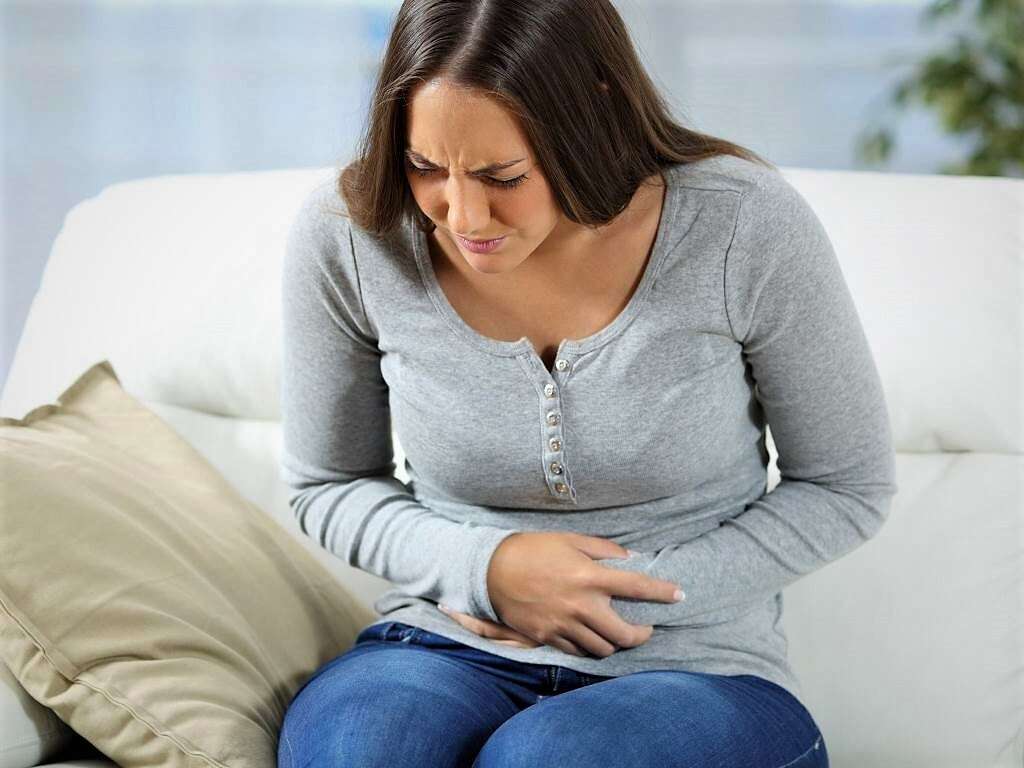
Foods That Cause Constipation #2: Green Bananas
While ripe bananas are great for healthy digestion, unripe bananas are among the foods that cause constipation or worsen the condition. Unripe bananas contain large amounts of tannin and indigestible starch. As much as 80 percent in weight of unripe bananas is starch. When you eat too much green bananas, their mass travels slowly through the digestive system, slowing down bowel movements.
By contrast, in ripe bananas, the starch and tannins have been broken down into simple sugars and soluble fiber. It is worth noting that the hard to digest properties of unripe bananas come in handy for use in the banana, rice, apple and toast (BRAT) regime for the treatment of diarrhea.
Foods That Cause Constipation #1: Chips
Most people enjoy snacking on potato chips and other types of chips. But this popular snack contains minimal fiber and other beneficial nutrients, are high in carbohydrates, unhealthy fat and sodium. Eating large quantities of chips can lead to excess weight and other problems like high blood pressure.
Additionally, chips are linked to constipation. Avoiding or cutting down on the consumption of chips can reduce constipation beside the other health issues. If you have to eat chips, eat small quantities and accompany them with fiber-rich veggies.



